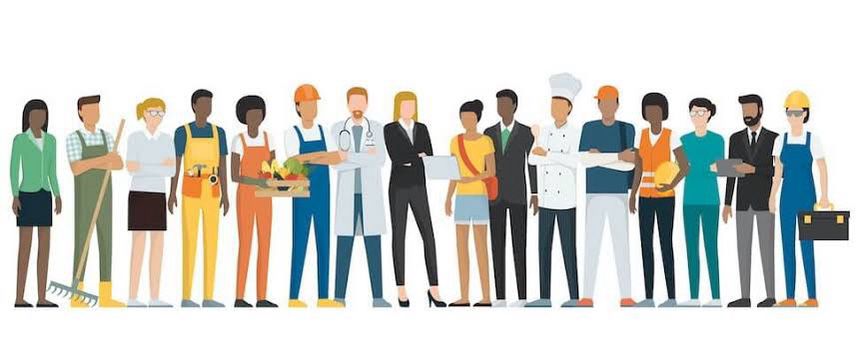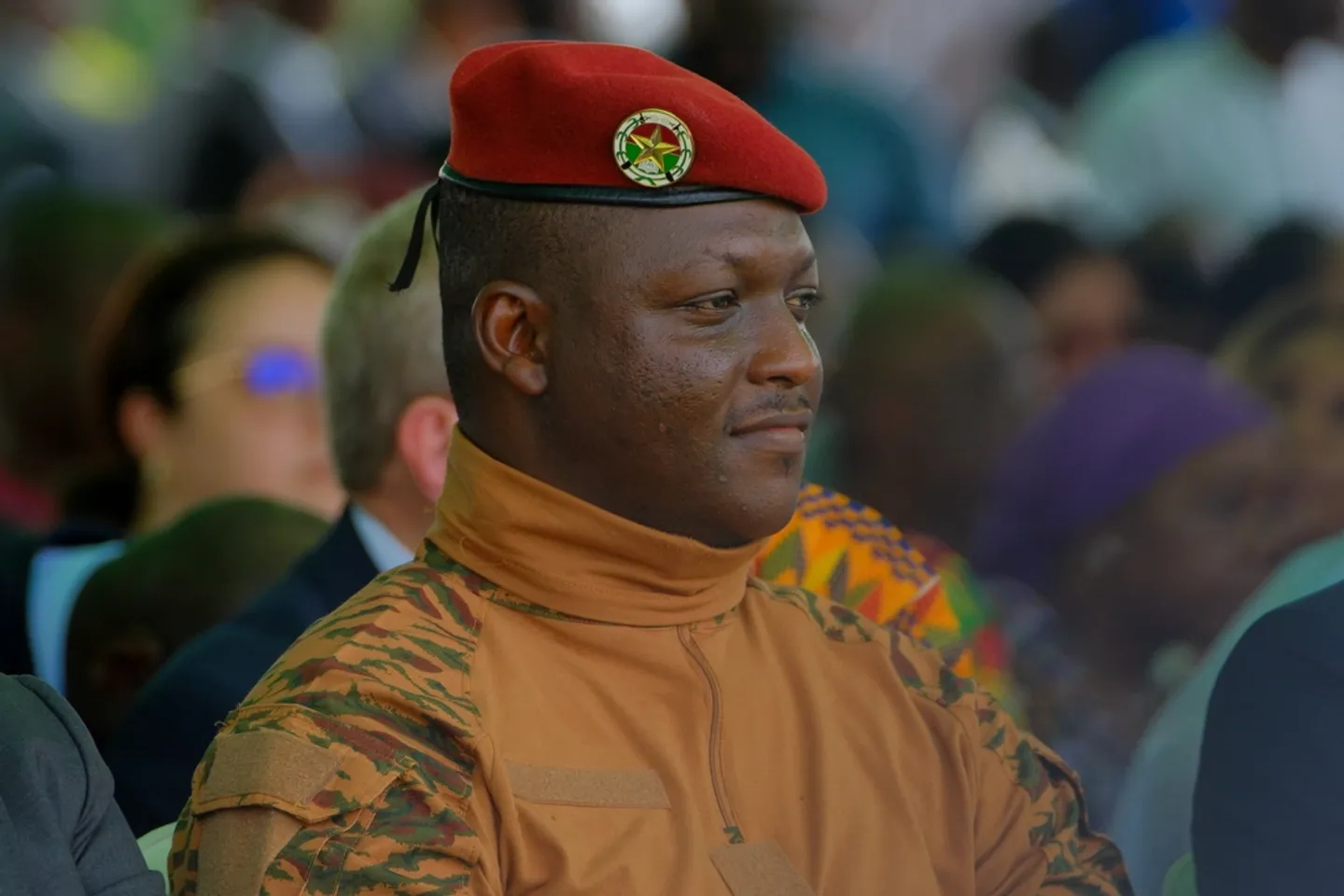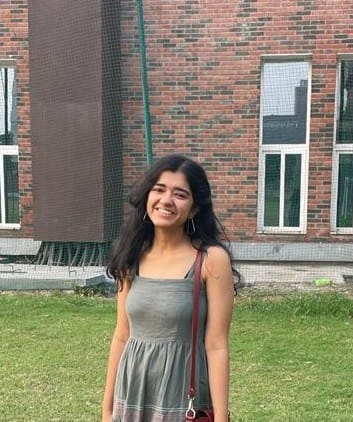Young people have been at the forefront of movements for justice, equality and freedom against dictatorships, state sanctioned violence, and corruption in various countries. Below, the author lists a few examples of prominent movements that emerged from efforts by students and young people.
Despite the debates about the role that young people’s political participation plays in bringing substantial social change, and the dismissal of online activism, history is testament to the fact that youth has been at the forefront of voicing dissent against establishments. Their acts of defiance in the face of archaic rules, mobilization of masses for a cause, and encouragement of political discourse around issues that otherwise would not have gathered attention of the common citizen, speak volumes about how they are harbingers of change. Here is a list of 5 political movements led by youth that have had significant socio-political repercussions:
-
Protests in Iran against obligatory hijab (2022)
The brutal custodial killing of 22 year old Mahsa Amini at the hands of Iran’s morality police for ‘improperly’ wearing her hijab sparked off one of the most widespread protests the country has seen in decades. The most remarkable feature of the movement was the use of social media by teens and young women, many of whom unveiled their heads and cut their hair off - a sign of beauty that had to be hidden in the Islamic republic. The regime responded with internet clampdowns and violent suppression, which human rights activists claim have killed over 500 people, 60 of whom are minors. Global solidarity for the cause and persistent protests over several months, expanding the agenda from women’s freedom to a change in political leadership led to the disbanding of the morality police. Commenting on the movement, Roham Alvandi, professor at the London School of Economics, said “The younger generation of men and women have spent their entire lives in a securitized state with a crumbling economy, in a country isolated from the world and they have had enough.”
-
June Democratic Struggle (1987)
South Korea’s infamous June Struggle began as a youth resistance movement. Seeking the implementation of direct presidential elections since, university students, churches and the labor movement had been resisting the government since 1972 when the order was first established. However, it was in June 1987 when the president of Student Council at Seoul National University, Park Jong-cheol, arrested for sedition activities, died a custodial death causing massive uproar. In the subsequent protests, another student Lee Han-yeol died of police injuries. His funeral, attended by over 1.6 million people, marked the beginning of the transformation of the cause to a general nationwide struggle for democracy where hundreds of thousands of people participated. Eventually, the June 29 Declaration was passed, promising substantial reforms and amendments to the Constitution. South Korea had its first democratic election in December that year.
-
The Arab Spring (2011)
A series of mass uprisings, protests and movements that began in Tunisia in response to corruption and economic stagnation soon engulfed the Arab world. It was “widely believed to have been instigated by the dissatisfaction, particularly of youth and unions.” In fact, apart from the long standing issues of political reform, concentration of wealth with monarchies and dictatorships, corruption and unemployment, experts attribute the rapid spread of the movement to the demographics of Arab countries. The argument is that a large percentage of educated but unemployed youth in these countries made the condition ripe for rebellion . The use of social media as a way to circumvent partisan news channels in these countries also became a noteworthy feature of the uprising. The consequences of the Arab spring, however, are grim. Large scale conflicts like the Syrian Civil war, rise of ISIS, Libyan Civil war, and the Yemen crisis were born out of the Arab Spring. Some of these continue till today with massive economic and humanitarian consequences. However, the Arab spring has been successful as a cultural transformation. Islam Hassan, for the Center for International and Regional Studies, writes, “The repercussions of the 2011 uprisings have influenced Middle Eastern youth's experiences providing impetus for questioning perennial sacred beliefs and positions, and forging ahead avant-garde views and responses to the constraints they face.”
-
Student Strike of 1970
Following the announcement of the plan to expand the Vietnam war into Cambodia, student strikes were held in multiple universities. The anti-war sentiment in response to the USA’s involvement in Vietnam had already been building up amongst American youth. Although the strike began on May 1, it was the shooting of the students at Kent State University that caused massive uproar, with over 900 universities participating in walk-outs from classrooms and campus strikes. The movement got violent in several cities, causing several clashes with security forces. The Washington government feared an insurrection, so much so that President Richard Nixon was taken away to a safe place for a few days and attempts were made to reconcile with students.
-
Tiananmen Square Protests (1989)
In April of 1989, frustrated by the slow pace of reforms promised, and mourning the death of Liberal Communist Party Leader Hu Yaobang, students had gathered at the Tiananmen Square in Beijing to call for ending official corruption and bringing reforms, a gathering that led to peaceful protests soon spreading into other provinces. In the following weeks, martial law was declared with the government sending armed forces and armored vehicles into the city to clear the streets. On 4th June, the troops opened fire at those who had gathered at Tiananmen Square, causing massive casualties and injuries, the exact number of which is still debated. In the days that followed, those involved were hunted down and executed. Tiananmen still remains a taboo subject in China and even remembering the day is forbidden. The sacrifices made, however, are not forgotten. The incident is immortalized as a symbol of resistance against the Communist government, both within the country and outside in the collective memory of the diaspora.
The list is not exhaustive; most socio-political movements either begin as student protests, or receive substantial support from the youth which leads to more awareness and advocacy for the cause in the society. The consequences of these movements are often not as one would want; however their imprints continue to be a source of inspiration not only for the country of origin but also others in the form of ripple movements.




